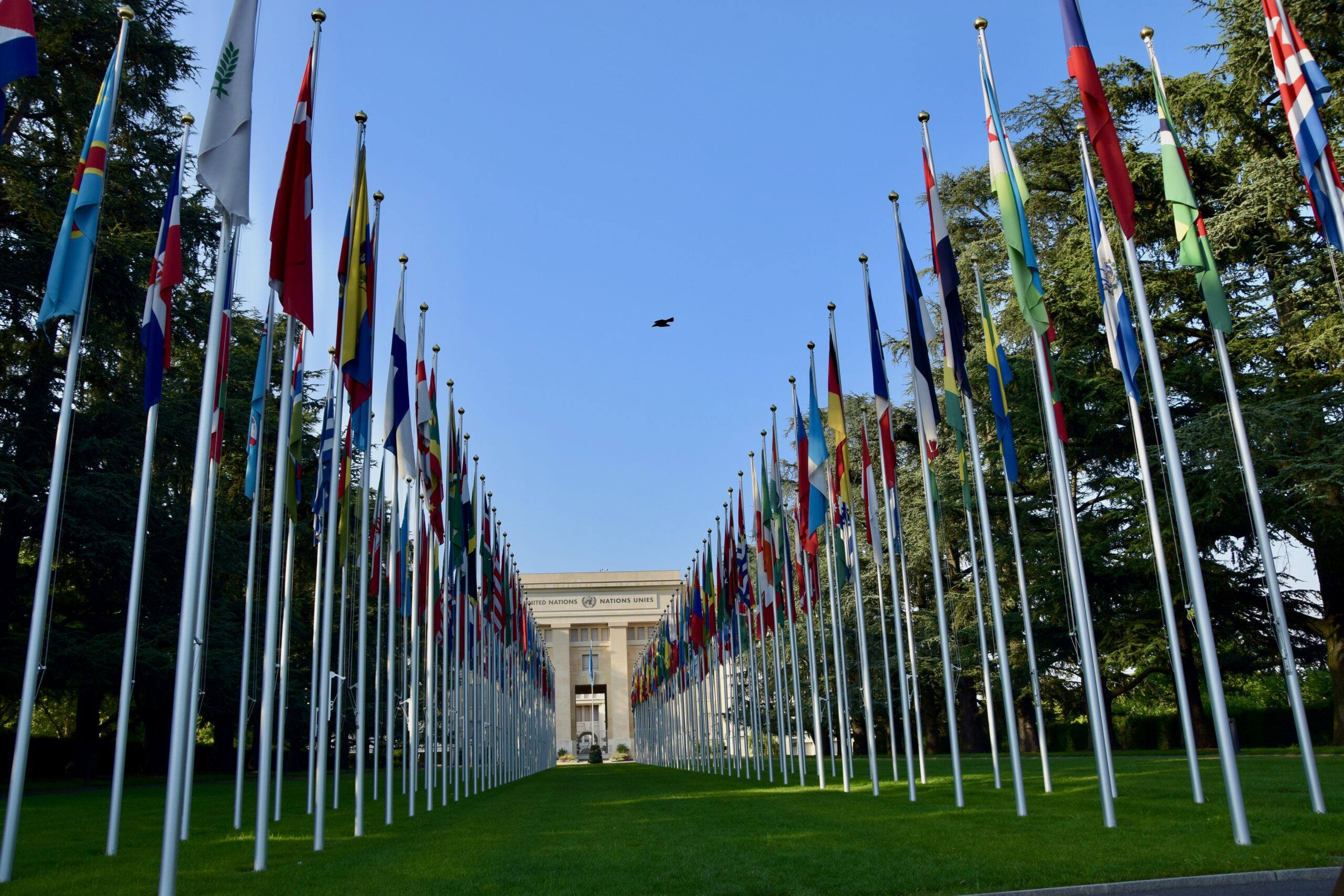Human Rights Watch (HRW) and the Columbia Law School’s Prevention of Crimes Against Humanity Project have called for the establishment of a treaty aimed at effectively prosecuting crimes against humanity. This initiative seeks to enhance legal frameworks surrounding some of the most serious international offenses, with a potential adoption timeline as early as 2029.
The proposed treaty is intended to refine the recommendations set forth by the International Law Commission (ILC) in 2019. HRW has put forward 25 recommendations for United Nations delegations to consider during upcoming negotiations. Notably, the amendments focus on safeguarding historically marginalized groups, including Indigenous communities, women, children, individuals with disabilities, LGBTQ people, and survivors of crimes against humanity. The treaty aims to provide these groups with meaningful avenues for redress.
The document outlines the necessity for a dedicated legal instrument that addresses crimes against humanity exclusively, promoting uniform treatment across various international jurisdictions. HRW emphasizes that such a treaty could solidify the foundation for justice in international law, encouraging states to enact national legislation and enhancing the efficacy of domestic courts through mutual legal assistance.
Among the key recommendations, the report suggests refining specific definitions within the treaty to acknowledge the unique harms faced by various groups. For instance, experts advocate for clearer language concerning the crime of forced marriage, which is currently categorized under a broader classification in the Rome Statute. In 2022, an International Criminal Court (ICC) Appeals Chamber recognized the distinctive nature of forced marriage, noting that it infringes on an individual’s right to freely choose a spouse and establish a family.
Furthermore, the report highlights the importance of accessibility during the amendment discussions. To facilitate inclusive participation, it recommends webcasting proceedings with simultaneous translations. This approach aims to engage various stakeholders, including victims’ groups, women’s rights defenders, Indigenous communities, academics, and youth.
Crimes against humanity encompass serious offenses committed as part of a widespread or systematic attack against civilian populations. Such crimes include murder, extermination, enslavement, torture, rape, forced pregnancy, persecution, enforced disappearance, and apartheid. While the proposed treaty would further formalize these offenses, HRW acknowledges that the prohibition of crimes against humanity has long been recognized as a peremptory norm in international law, a principle also highlighted by the ILC.
Formal discussions regarding the new convention began at a meeting of the UN General Assembly Sixth Committee in October 2023, signaling a significant step towards addressing these critical human rights violations.
As the international community considers this treaty, the focus remains on fostering accountability and justice for victims of crimes against humanity, ensuring that their voices are heard and their rights protected on a global scale.




































































